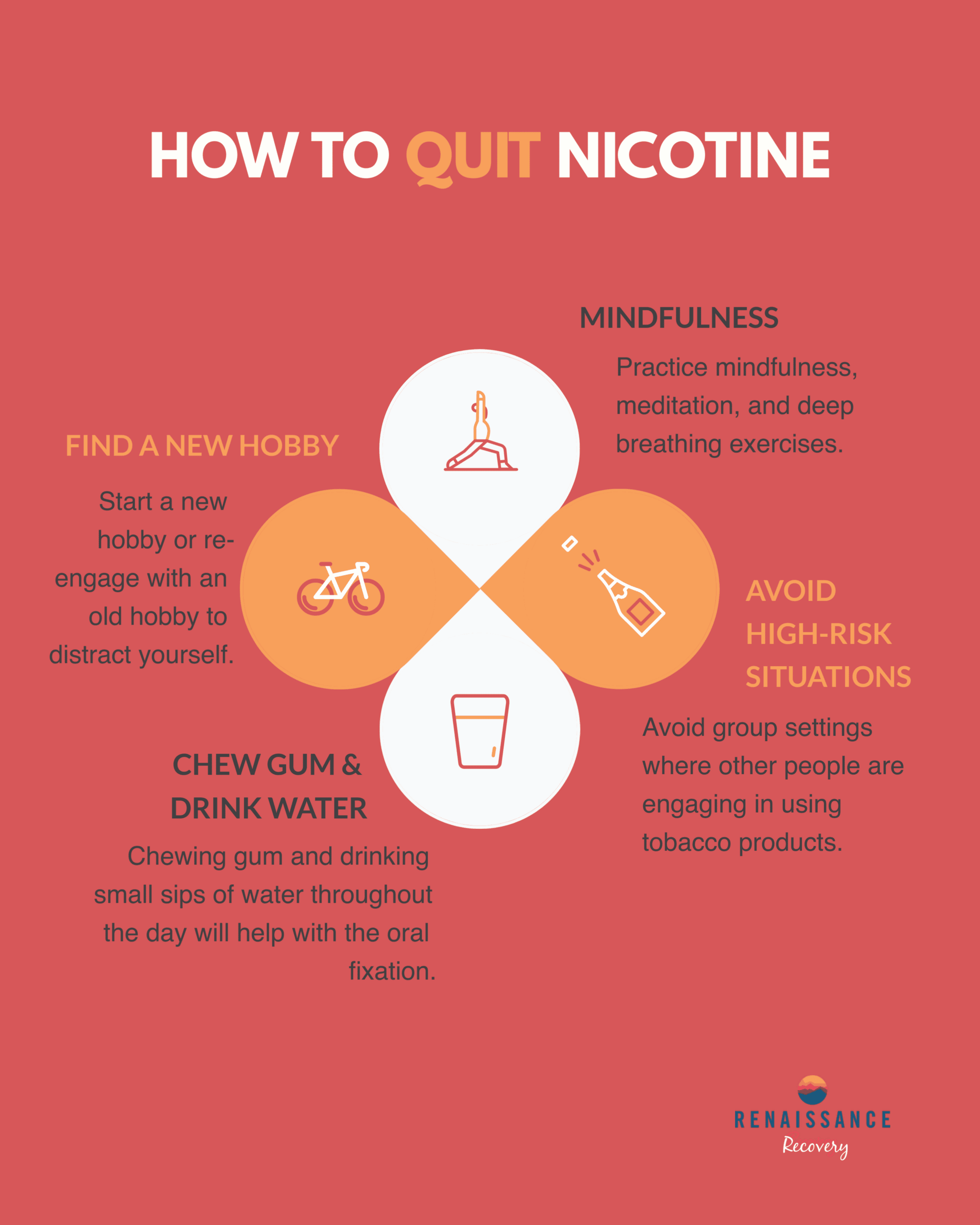Oral nicotine pouches are a new form of flavored nicotine product, also available in lozenges, that are becoming increasingly popular.
Despite the popularity, nicotine pouches present some dangers such as nausea, vomiting, addiction, and cigarette relapse.
Need help getting addiction treatment?
With the rise of vaping comes the rise of more nicotine products as well as an increase in nicotine addiction.
What are Nicotine Pouches?
Oral nicotine products are a smokeless tobacco variant, even though not classified as such by the US Food and Drug Administration (FDA).
Similar to snus, nicotine pouches and lozenges are smokeless products, but there is no leaf tobacco contained in pouches or lozenges.
While these products do not contain tobacco, they contain nicotine, plant-based fibers, sweeteners, and flavorings.
The levels of toxins and nicotine vary significantly from brand to brand. With Zyn products, among the most popular in this emerging market, nicotine levels can reach 6mg per pouch.
You place nicotine pouches or lozenges between your cheek and gum. Despite the colorful packaging often resembling mint containers, these products contain the addictive chemical nicotine.
Research shows that roughly 20% of high school students used e-cigarettes in 2020, and nicotine pouches are also rising in popularity among youths, raising public health concerns at the same time.
The use of flavorings in tobacco products is proven to appeal to young people, with data also suggesting that nicotine pouch dollar sales increased by 470% over the first half of 2020, making this the quickest-growing sub-category of tobacco products.
Are nicotine pouches bad for you, then?
Nicotine Pouches Side Effects
Regrettably, researchers do not yet know the long-term health consequences of nicotine pouches and lozenges.
Due to not being classified as smokeless tobacco products by the FDA, means these products are not regulated as strictly as combustible (smoked) tobacco products.
The lack of long-term data means researchers are unclear on how exposure to nicotine pouches could be harmful to health.
The most common side effects of using nicotine pouches include:
- Nausea
- Sore mouth
- Irritation of gums
- Hiccups
- Nicotine addiction
- Increased relapse risk with tobacco products
Health Effects of Nicotine Pouches
Even though the specific health outcomes of using nicotine pouches are not clear, any use of nicotine is unsafe.
Beyond this, nicotine pouches may not be technically classified as smokeless products, but they have similarities, potentially leading to serious health risks.
The chronic use of smokeless tobacco products can lead to nicotine addiction, while some research suggests that smokeless tobacco could lead to cigarette use.
GET HELP NOW
Are Nicotine Pouches Safe?
While there is no data to illuminate the long-term repercussions of using nicotine pouches, there is no data to show they are a safe and effective way to stop using tobacco products either.
Most medical experts and smoking cessation specialists do not recommend products like nicotine pouches and lozenges.
If you are using nicotine pouches already and have used them as a stepping stone to quitting using tobacco products, trying to wean yourself off these patches to achieve full nicotine freedom is worthwhile.
All the following therapies are approved as short-term nicotine replacement strategies:
- Nicotine gum
- Nicotine patches
- Nicotine inhaler
That said, all of these options also carry the risk of side effects and they all have indications for use.
Ultimately, nicotine is a toxin your body has been conditioned to require. Here are some effective natural methods of withdrawing from nicotine and breaking your addiction:
- Discover as much as possible about nicotine withdrawal so you know what to expect
- Employ delaying or distracting techniques to help you resist cravings
- Be mindful of every time you consider using nicotine
- Practice meditation or deep breathing exercises
- Take up a new hobby or re-engage with an old hobby
- Keep yourself as busy as possible
- Stay hydrated by drinking small glasses of water throughout the day
- Do not keep tobacco products at home
- Avoid high-risk situations
- Exercise for at least 30 minutes daily
- Eat healthy whole foods and minimize processed foods

Overcome Addiction at Renaissance Recovery
While nicotine addiction will not typically require a spell in rehab, addictions to alcohol, prescription medications, or illicit drugs are not as straightforward to unpack at home.
Recent SAMHSA data shows that 28.5 million people in the United States have alcohol use disorder and 40 million have substance use disorder, with fewer than 10% receiving any treatment.
Here at Renaissance, we specialize in the outpatient treatment of all addictions, as well as mental health conditions, and co-occurring disorders.
For those who feel an OP (outpatient program) doesn’t provide enough support and structure, we also offer more intensive programming in the form of our IOP (intensive outpatient program) and PHP (partial hospitalization program). If you are unable to access our treatment center, you may find our virtual IOP beneficial.
Whatever level of intensity makes the smoothest fit for your addiction, you’ll have access to a personalized array of the following evidence-based therapies:
- MAT (medication-assisted treatment)
- Psychotherapy (CBT and DBT)
- Counseling (individual and group)
- Family therapy
Additionally, you can engage with a variety of holistic therapies here at Renaissance Recovery Center, giving you a whole-body approach to recovery.
To move beyond addiction into sustained sober living, reach out to admissions today at 866.330.9449.



